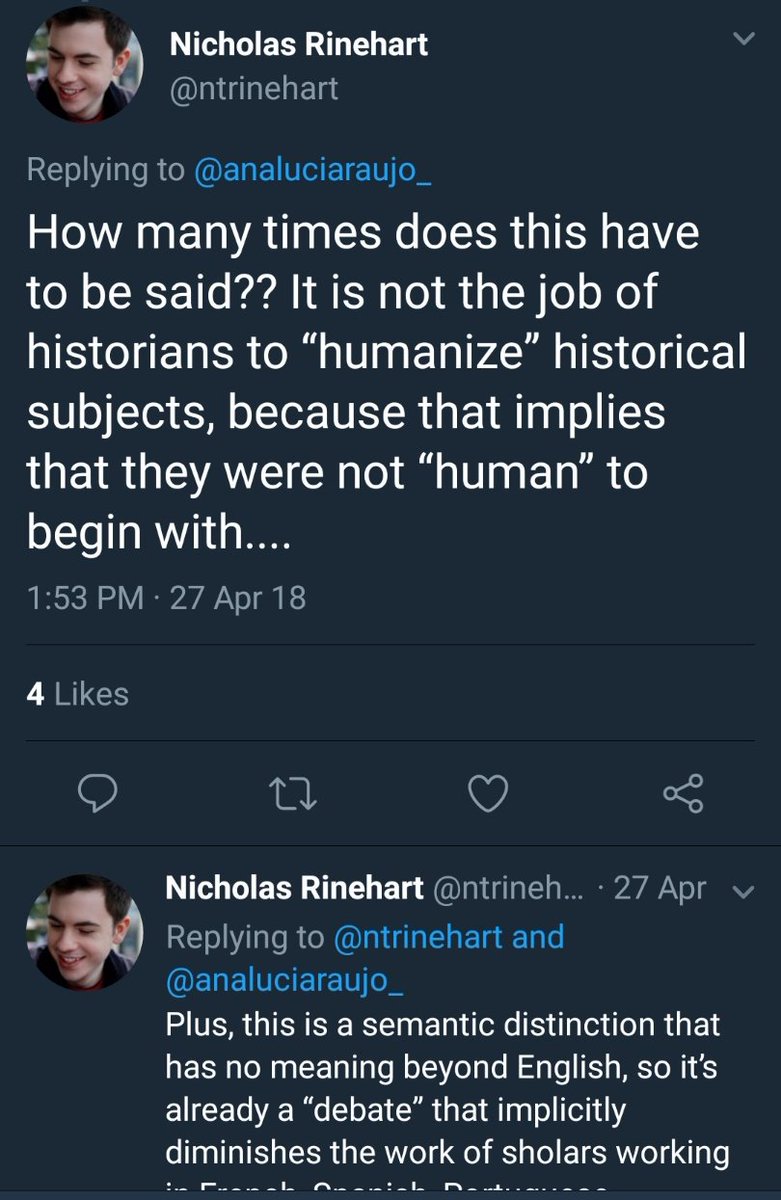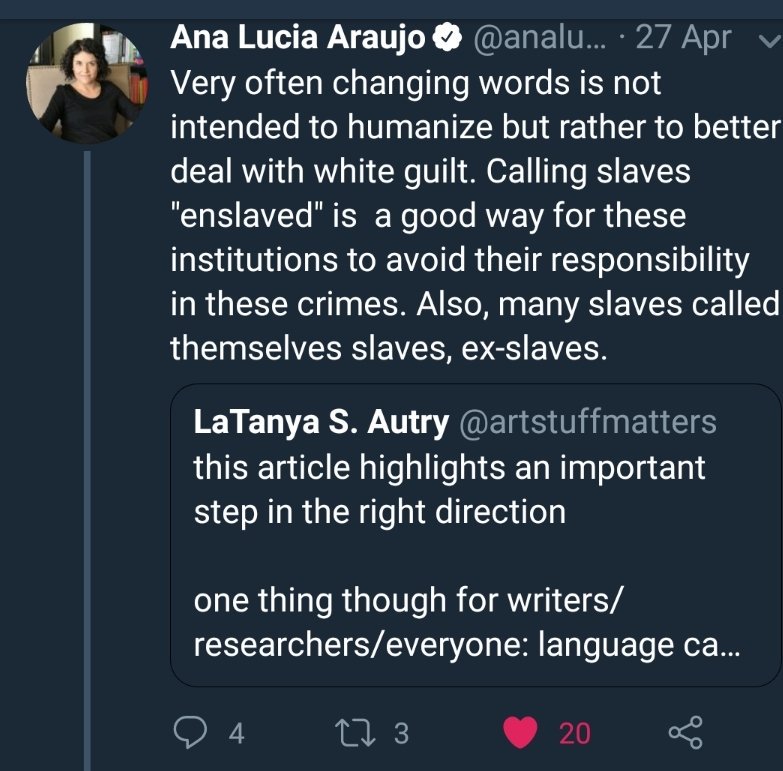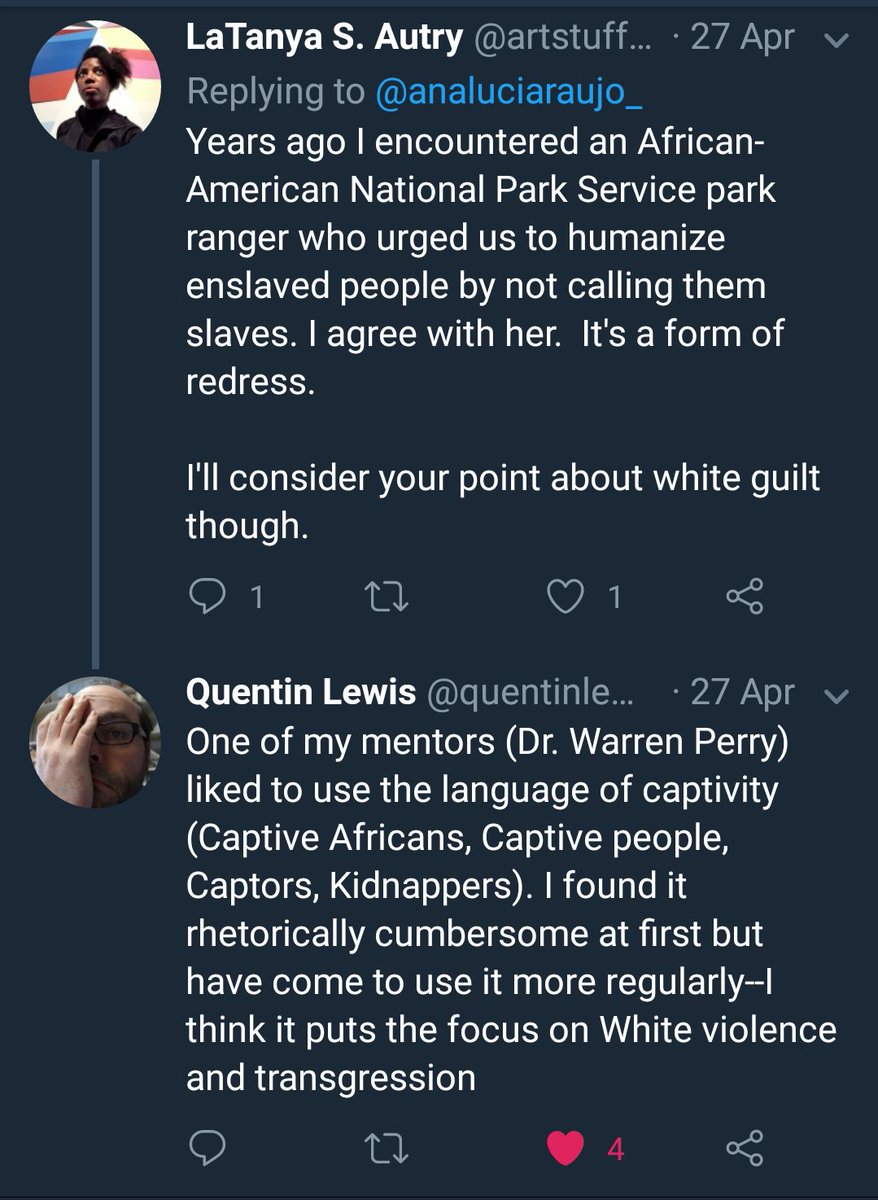
Making museums antiracist, antioppressive requires removing oppressive leadership & boards.
Funding models & organizational structures must change too.
The preferred diversity trainings response from management maintains the status quo. It's a cover-up job.
#MuseumsAreNotNeutral
Funding models & organizational structures must change too.
The preferred diversity trainings response from management maintains the status quo. It's a cover-up job.
#MuseumsAreNotNeutral
It's no surprise that those who've created oppressive workplaces want to retain power. Even when their violence is exposed, they continue to deny wrongdoing, refuse to make amends, tokenize people.
The only thing they offer is undergoing diversity trainings.
#MuseumsAreNotNeutral
The only thing they offer is undergoing diversity trainings.
#MuseumsAreNotNeutral
Cultural institutions do not belong to those in managment positions or to the boards.
They belong to the people.
#MuseumsAreNotNeutral
They belong to the people.
#MuseumsAreNotNeutral
This isn't rocket science. Right now there are plenty of people who already know how to be decent humans & have expertise in museums.
The real issue?
Those with money don't want museums to be antiracist, antioppressive; they keep oppressive people in power.
#MuseumsAreNotNeutral
The real issue?
Those with money don't want museums to be antiracist, antioppressive; they keep oppressive people in power.
#MuseumsAreNotNeutral
If we pull the curtain back, we'll see that presently rich people, corporations, and foundations control our museums because of existing funding structures.
In addition to ousting oppressive people, we must change funding so communities have more power.
#MuseumsAreNotNeutral
In addition to ousting oppressive people, we must change funding so communities have more power.
#MuseumsAreNotNeutral
*management*
• • •
Missing some Tweet in this thread? You can try to
force a refresh







